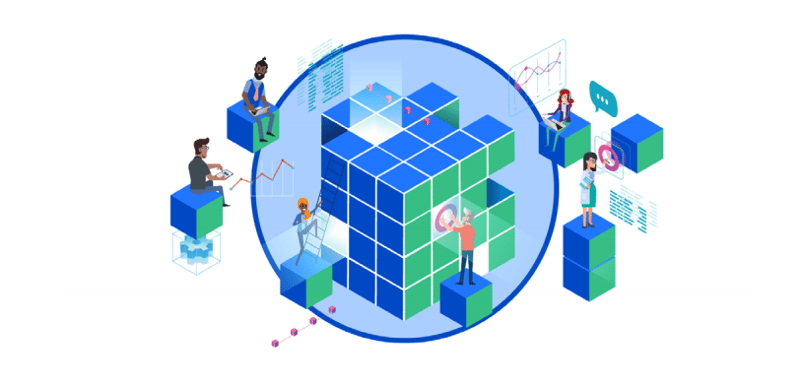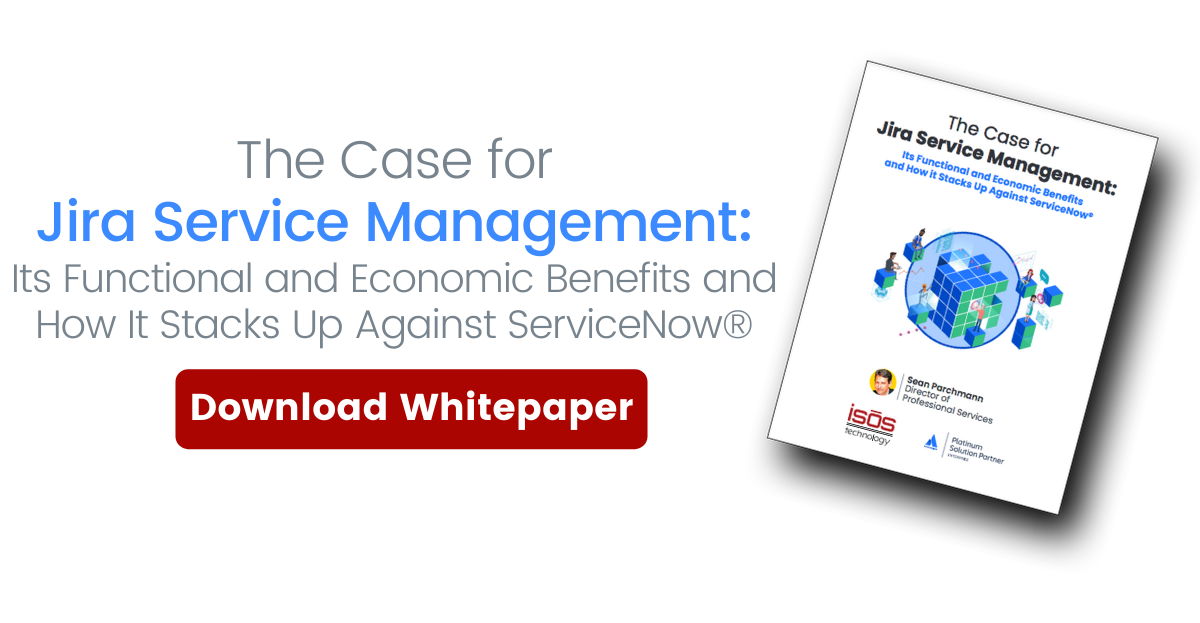 Atlassian first introduced Jira Service Desk (JSD), Jira Service Management’s predecessor, in 2013. With almost 40% of their customers already adapting Jira to handle service requests, the company decided to meet that need with a purpose-built service desk tool. It quickly gained broad adoption, and as with all their tools, Atlassian continued to improve and enhance its functionality, both to better serve their customers and to keep pace with the changing ITSM landscape.
Atlassian first introduced Jira Service Desk (JSD), Jira Service Management’s predecessor, in 2013. With almost 40% of their customers already adapting Jira to handle service requests, the company decided to meet that need with a purpose-built service desk tool. It quickly gained broad adoption, and as with all their tools, Atlassian continued to improve and enhance its functionality, both to better serve their customers and to keep pace with the changing ITSM landscape.
By 2020, the concept of Enterprise Service Management (ESM), the practice of applying ITSM expertise across other service-oriented areas of a business, was gaining traction. In November of that year, Atlassian introduced Jira Service Management (JSM), a comprehensive ITSM and ESM tool. JSM is essentially the next generation of JSD—it contains all the functionality inherent in the original tool, but builds on it, incorporating tooling and automation to streamline and accelerate incident management; strengthen change management capabilities; break down silos and create transparency between development, operations, and ITSM teams; and enhance service capabilities for non-technical business teams.
In its original incarnation, Jira Service Desk was built on top of Jira and designed to be tightly integrated with it. This has evolved into a distinct advantage over traditional ITSM tools such as ServiceNow®, particularly as more organizations adopt DevOps practices. This native integration enables all teams working in Atlassian’s primary tools—Jira, Confluence, and JSM—to seamlessly share information and collaborate, resulting in a mechanism in which critical feedback captured at the service desk level can be integrated into the DevOps feedback loop.
This whitepaper delves into how to close the DevOps/ITSM information gap with Jira Service Management, the economic impact, as well as the key differentiators' organizations should consider when evaluating JSM vs. ServceNow®.
Sign up to receive more great content
Learn more about Atlassian and how Isos can help by signing up to receive our latest blogs, eBooks, whitepapers and more.













